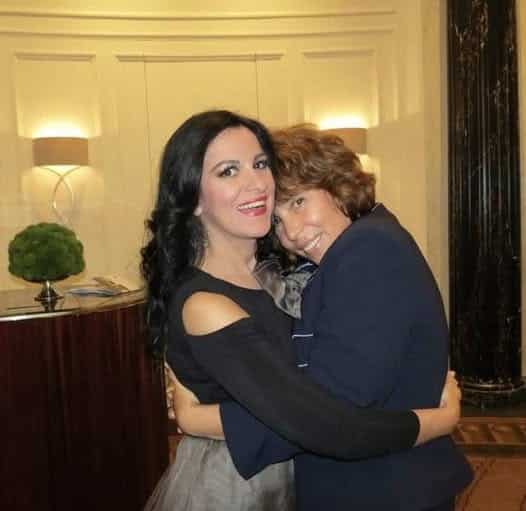Atlanta Symphony: How the deal was won
mainNow the doors have been unlocked in Atlanta and everyone’s returning to work, it is possible to piece together evidence from both sides on the causes of the showdown and why it took over two months to resolve.
The trigger point, it appears, was player numbers. Likewise the sticking point.
The Woodruff Arts Center, finding itself in manifold difficulties of its own making, saw that the orchestra was down to 77 current players and ordered the orchestra management to hold it at that level.
The players refused, insisting they would not let the ASO shrink to smalltown dimensions.
And there it stuck. Every sweetener offered by the WAC in negotiations was designed to shrink the orch. Every counter proposal made by the players underlined the need to return to full strength.
Our source says: ‘ That was a deal breaker and the musicians never deviated from their message. They kept working on the language to give the WAC time and flexibility to improve marketing and fundraising until it finally became apparent to the WAC negotiators and the mediator that the musicians would never concede on the fixed complement issue.’
The wording of the final agreement was crucial in yielding this victory to the musicians. They won the key word ‘commitment’. The following paragraph in the agreement is the deal-maker.
The new agreement calls for a six percent pay increase for the musicians over the four years; participation by the musicians in a new high-deductible healthcare plan, which will include increased premium contributions by the musicians and additionally provides substantial savings to the ASO; an initial complement of 77 musicians in year one, a goal of 81 musicians in year two and a commitment to 84 musicians by the end of year three and 88 musicians by the end of year four.”






“Goal” sounds like something that doesn’t have to happen.
Exactly why the language “commitment” was added for years 3 & 4. 🙂
This really drives home how much the musicians sacrificed on behalf of the music. The WAC was ready to let the symphony settle into mediocrity, and their paychecks weren’t even at stake.
At first I was worried about the word “goal” too, but after thinking about it I changed my mind. There are many people in the ASO on the verge of retirement and I assume others who will keep looking elsewhere for work despite the contract. It is quite possible that the turnou and talent pool for the initial auditions will be low due to fears of instability, so you could easily have no winners in some cases. Filling positions through auditions is actually quite a time consuming process, taking multiple days, and having narrow windows of availability due to the music director and a full committee having to be in town and having the hall be empty. Even if the orchestra goes out of its way to fill positions as quickly as possible, it may prove difficult to achieve the goals or commitments stated in the contract. I’m much more worried about marketing the ASO going forward, that none of the leadership has changed, the structure of the WAC/ASO is still the same, there are unsettled corruption fears, the WAC’s finances are still a mystery, the orchestra is still playing in the worst hall in the country, and VWA is still a dead weight on the finances if the orchestra.
You’ve hit the nail on the head, George. Enjoy your escape to the NY Philharmonic!